Lake Malawi in the heart of Africa is home to an enormous variety of cichlids. Often it is difficult to decide whether in individual cases they are different species or local variants. Extremely popular in aquaristics are the rock cichlids (Mbuna). But also among the non-Mbuna, which in their habitat are not so dependent on the algae growths growing on rocks as a food basis, many fantastically colored and interesting cichlids can be found.
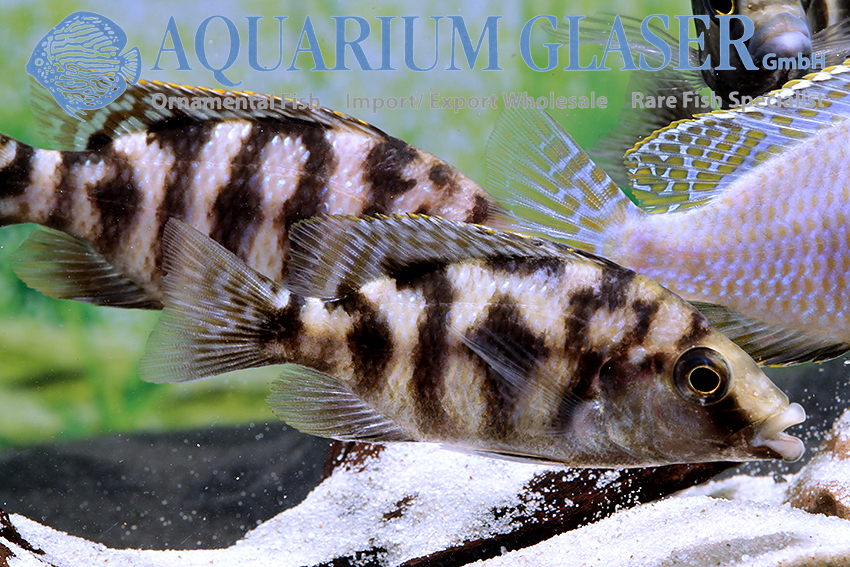
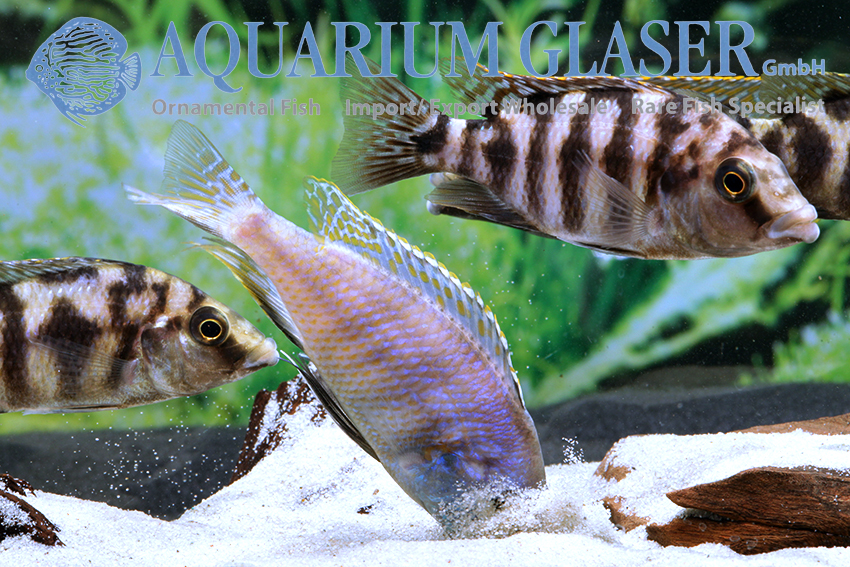
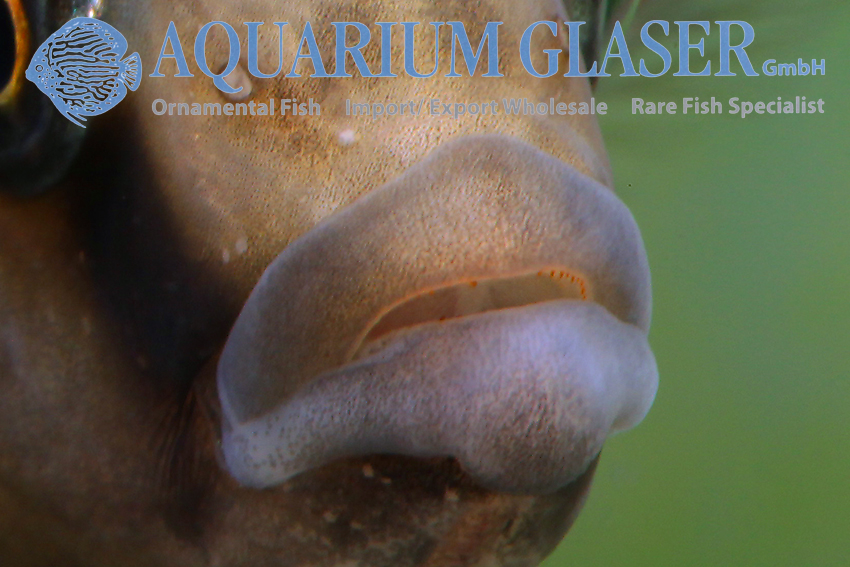
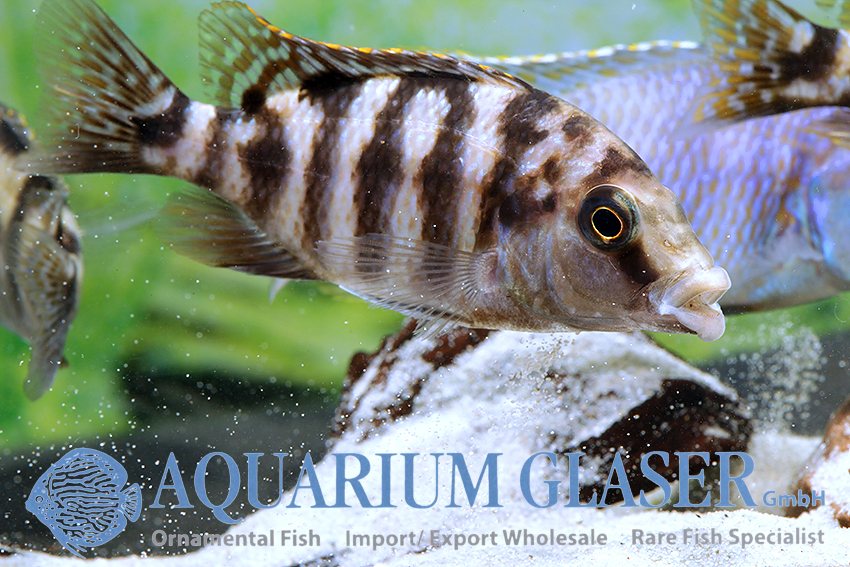
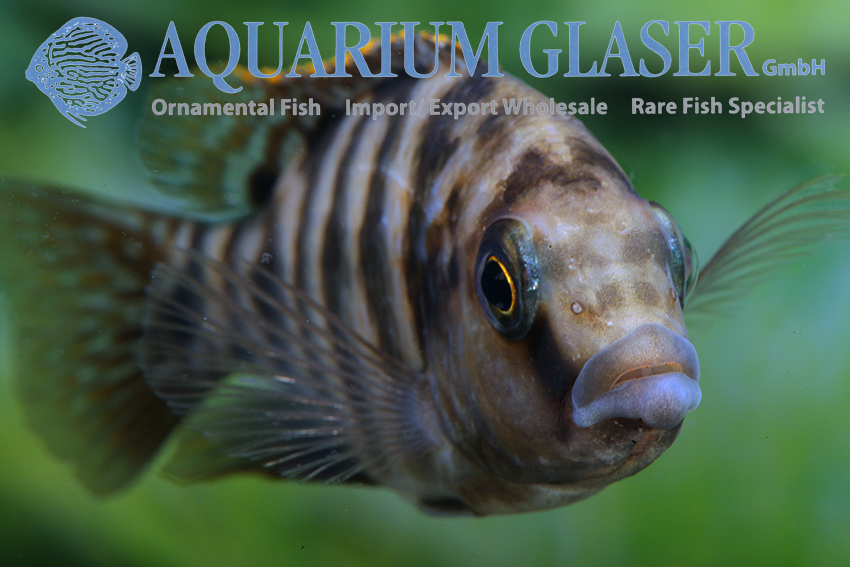
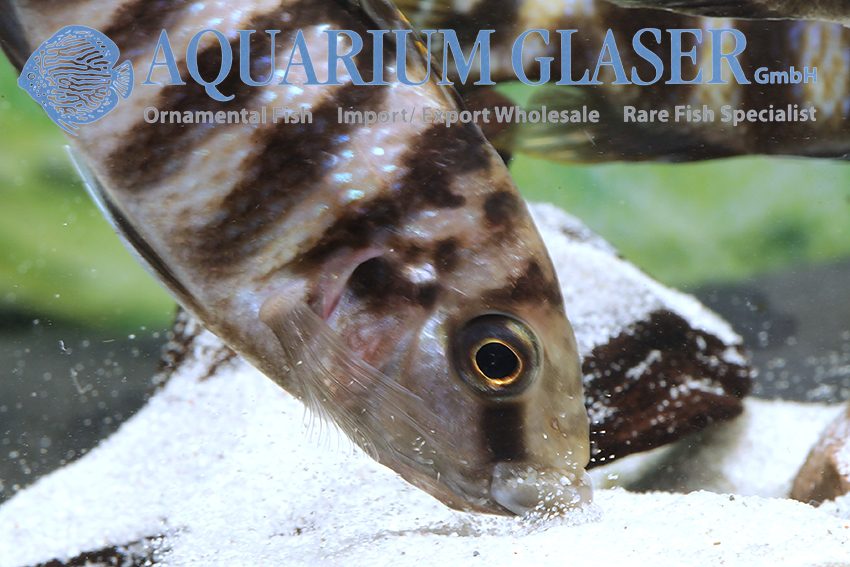
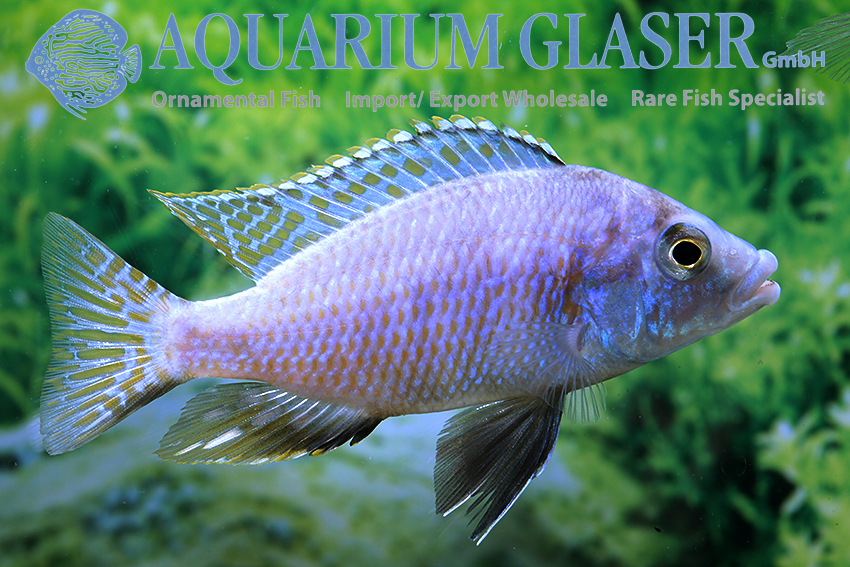
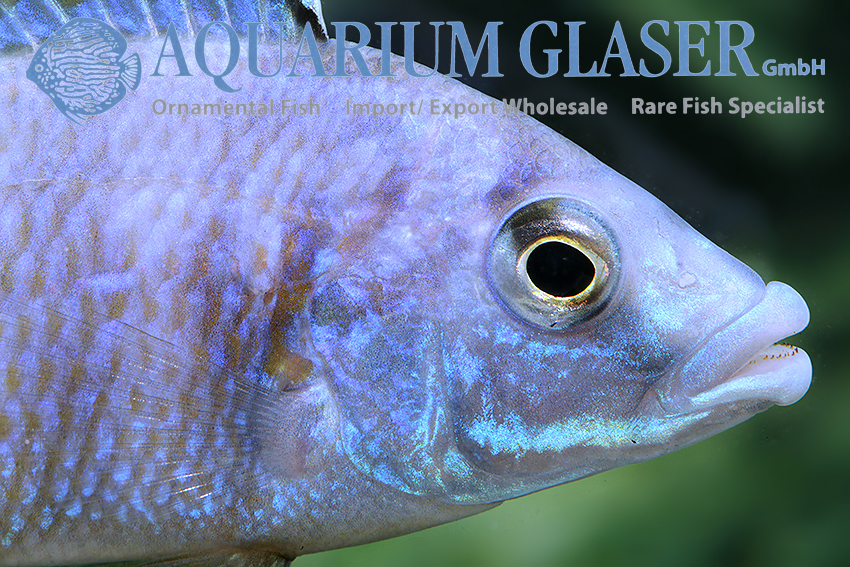
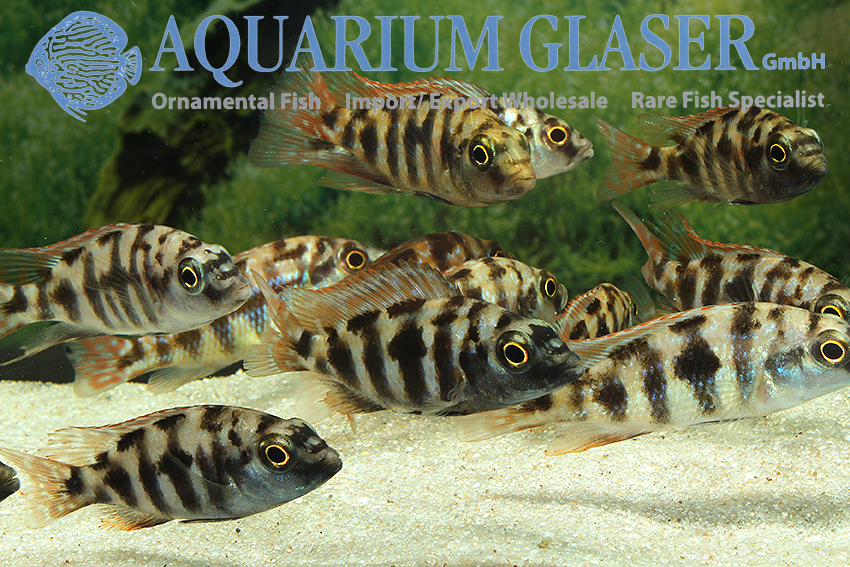
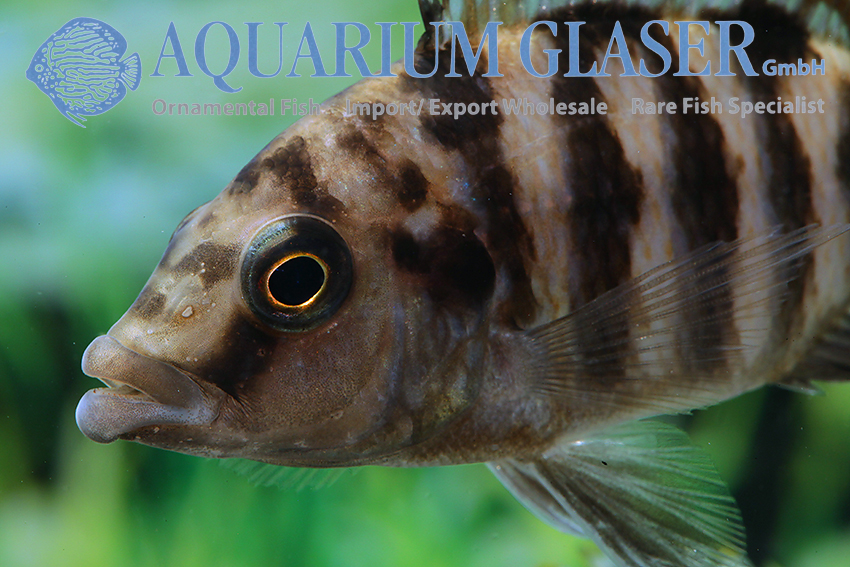
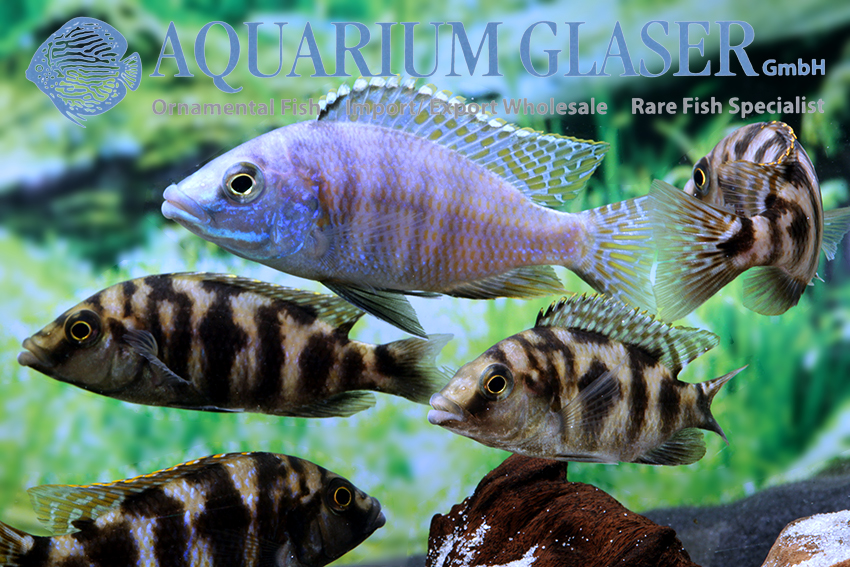
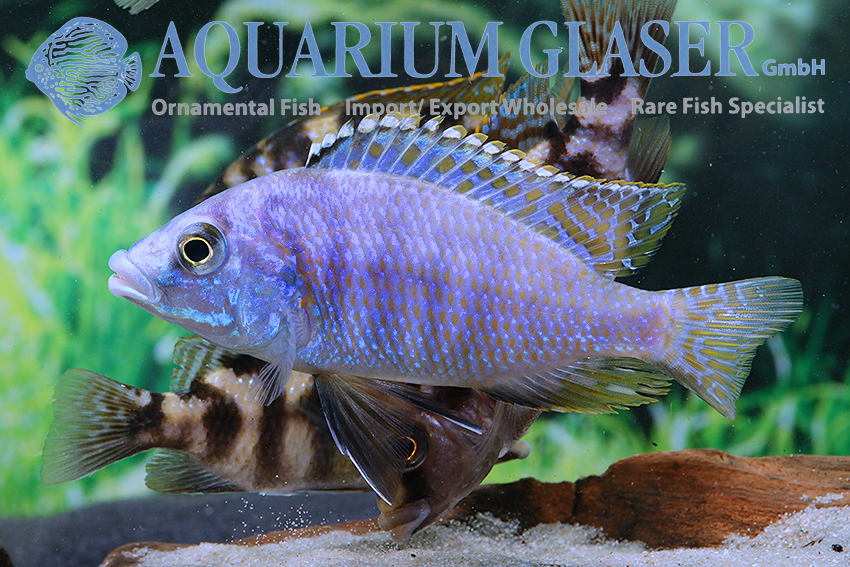
Among the latter is Placidochromis milomo, a bulb-lipped cichlid that once, in the late 1970s, came to our aquariums as a highly prized rarity. At that time, it was still called “Haplochromis sp. Super VC 10.” The Super VC 10 was a popular, very fast small aircraft. The cichlid was so named because it dived at a high speed into deeper water layers when approached by catchers. It was not until 1989 that the species was then officially described as Placidochromis milomo, borrowing the word milomo from the Chichewa word for lips. It refers to the highly hypertrophied lips with fleshy middle lobes of this fish species.
What are these thick lips of the up to 20 cm long animal good for? Scholars argue about that. There is the thesis that the thick lips seal rock crevices into which small fish take refuge. Then the bulge-lipped cichlids could suck out the prey by negative pressure. Other researchers vigorously dispute this, pointing out that biomechanically this would not work at all. Thus there is a second widespread thesis that the thick lips are a kind of shock absorber. This is because the cichlids would keep bumping into rocks at high speed while chasing small fish. And it is a fact that the lips of aquarium fish (even wild-caught) are never as thick as in nature. In the aquarium, by the way, the fish love to dig through the bottom Geophagus-style.
Our P. miolomo are offspring from Asia. Besides their interesting behavior and beautiful coloration, P. milomo have something else to offer: they are among the most peaceful mouthbrooders ever! Even two males get along quite well in the aquarium.
For our customers: the animals have code 530202 on our stocklist. Please note that we only supply wholesale.




